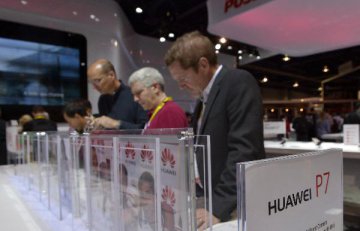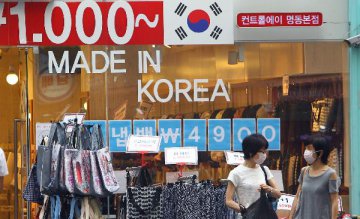Bank of Korea (BOK), South Korea's central bank, on Thursday froze its policy rate at 1.75 percent, refraining from altering the target rate since the bank raised it to the current level in November last year.
BOK Governor Lee Ju-yeol and six other policy board members decided unanimously to leave its benchmark seven-day repurchase rate unchanged at 1.75 percent, keeping the rate freeze for the third consecutive month.
The target rate was lifted to 1.50 percent in November 2018 from an all-time low of 1.25 percent, the first rate hike in almost six and a half years. It was raised again last November to 1.75 percent.
The February rate-freeze decision was in line with market expectations. According to a Korea Financial Investment Association (KFIA) survey of 200 fixed-income experts, all of the respondents predicted a rate on hold.
Expectation for the BOK's further rate increase weakened in recent months mainly due to the worsening of economic indicators. Export, which accounts for about half of the export-driven economy, reduced for two months through January. The outbound shipment declined 11.7 percent for the first 20 days of February compared with a year earlier, raising the possibility for the third consecutive month of reduction.
Amid the cheaper global crude oil, the headline inflation stood at 0.8 percent in January, falling below 1 percent in 12 months. Production in all industries slumped in November and December last year on a monthly basis, before rebounding in January. External risks remained such as the possible exit of Britain from the European Union (EU) without any deal, called a no-deal Brexit.
The country's household debt growth hit a five-year low in 2018, reducing pressure on the BOK to hike policy rate.
The BOK governor said in a press conference after the rate-setting meeting that the past two rate hikes by the BOK contributed to a slower growth in household debts together with the government's efforts to control the speculative investment in the real estate market.
Despite the remaining concern about economic slowdown, the BOK governor indicated no change in the monetary policy direction saying the U.S. Federal Reserve's policy direction of rate hike was not changed.
The Fed lifted its benchmark rate four times in 2018 alone to a range of 2.25-2.50 percent, widening a gap between policy rates of South Korea and the United States.
If the BOK belatedly respond to the higher U.S. target rate, foreign capital could abruptly flow out of South Korea's financial market.
Though the household debt growth slowed down recently, it kept a record-breaking trend as households still rushed to purchase new home with borrowed money amid the near-record-low policy rate.





















Latest comments